With rising health awareness, more and more people are paying attention to oral care. Antibacterial mouthwash, due to its convenience and rapid antibacterial effect, has become an essential part of many people's daily oral care routine. However, while antibacterial mouthwash plays a positive role in oral hygiene and preventing oral diseases, many people are often misled by its use, and improper use can even lead to negative consequences. Today, we'll delve into misconceptions about antibacterial mouthwash to help you use it more effectively and scientifically.
1. What is antibacterial mouthwash?
An antibacterial mouthwash is an oral cleansing liquid containing specific antibacterial ingredients. It inhibits or kills pathogenic bacteria in the mouth, reducing plaque formation and thereby reducing the incidence of oral diseases such as caries, gingivitis, and mouth ulcers. Common antibacterial ingredients include chlorhexidine, benzalkonium chloride, cetylpyridinium chloride, and essential oils (such as peppermint and eucalyptus oil).
Antibacterial mouthwash effectively cleans areas of the mouth that are difficult for a toothbrush to reach, making it an important adjunct to daily brushing. But this requires proper and appropriate use.
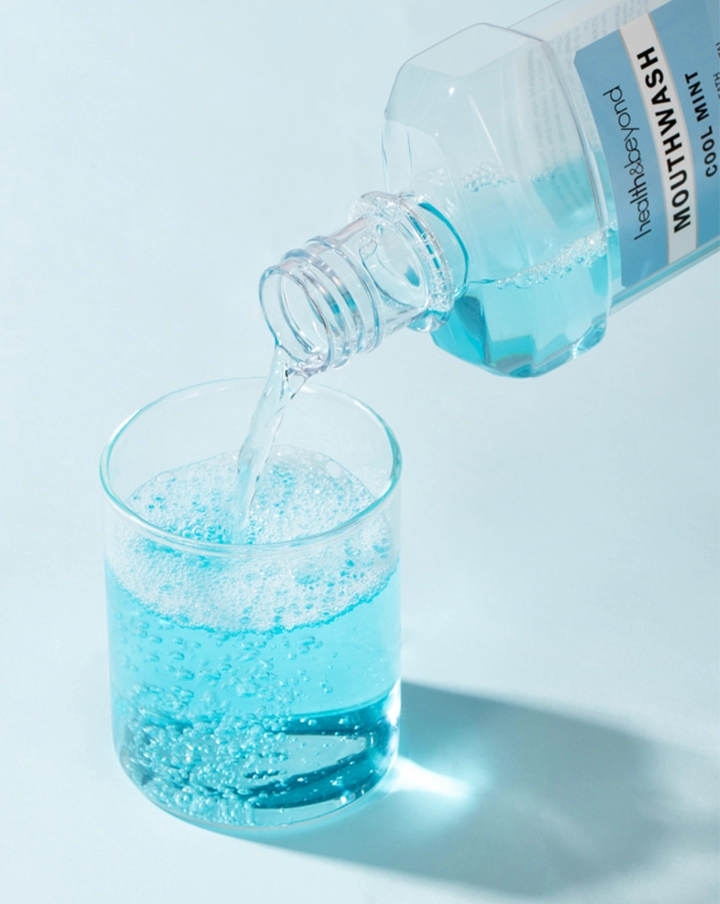
2. Common Misconceptions About Antibacterial Mouthwash
Myth 1: The more antibacterial mouthwash, the better; the more frequently it is used, the more effective it is.
Many users believe that the more antibacterial mouthwash they use, the longer they rinse, and the more frequently they use it, the cleaner their mouth will be. This is actually incorrect.
The active ingredients in antibacterial mouthwash have specific concentrations and durations of action to kill bacteria. However, excessive use can disrupt the normal balance of oral flora, leading to disturbances in oral flora and even side effects such as dry mouth, increased bad breath, and mucosal irritation.
In particular, mouthwashes containing chlorhexidine can cause tooth discoloration and taste disturbances if used continuously for more than two weeks. Therefore, it is recommended to use one to two times daily, as directed by the instructions or a doctor, and continuous use should not be excessive.
Myth 2: Using antibacterial mouthwash as a substitute for brushing and flossing
Many people find mouthwash convenient and effective, and even consider using it completely in place of brushing or flossing. In reality, antibacterial mouthwash is only an auxiliary tool for oral hygiene and cannot replace mechanical cleaning.
Brushing and flossing are fundamental methods for removing food debris and plaque from the surfaces and spaces between teeth. Mouthwash primarily kills or inhibits oral bacteria, but it cannot physically remove plaque.
Using mouthwash without brushing can lead to plaque accumulation and bacterial proliferation, increasing the risk of oral diseases.
Myth 3: The more irritating an alcohol-containing mouthwash, the better.
Many antibacterial mouthwashes on the market contain a high percentage of alcohol, and users often assume that the pungent and more irritating the mouthwash, the better its antibacterial effect. In reality, the primary function of alcohol in mouthwash is to dissolve certain ingredients and enhance its antibacterial properties, but a higher alcohol content does not necessarily guarantee greater effectiveness.
Excessive alcohol concentrations can not only irritate the oral mucosa but can also cause dryness and a burning sensation in the mouth. Long-term use is detrimental to oral health.
For those with oral sensitivities, children, pregnant women, and other special populations, alcohol-free formulas should be selected to avoid discomfort. Myth 4: Spit out mouthwash immediately after use, no need to worry about eating or drinking after rinsing.
Many people eat or drink immediately after using antibacterial mouthwash, thinking that spitting out the mouthwash will be enough. In fact, eating or drinking shortly after rinsing can affect the continued effectiveness of the antibacterial ingredients.
For example, mouthwashes containing chlorhexidine require a certain amount of time to achieve their optimal antibacterial effect. Drinking or eating immediately after rinsing can dilute or wash away the active ingredients, reducing their antibacterial effectiveness.
It is recommended to avoid eating or drinking for at least 30 minutes after rinsing to allow the ingredients to fully work.
Myth 5: All antibacterial mouthwashes are suitable for everyone.
There are many types of antibacterial mouthwashes on the market, with different ingredients and formulas suitable for different oral problems and individuals. Blindly buying a product that is not suitable for your oral condition may cause adverse reactions such as allergies and irritation.
For example, chlorhexidine mouthwashes are suitable for people with gingivitis and periodontitis, but should not be used long-term. Mouthwashes containing plant essential oils are gentler and suitable for daily use. Fluoride mouthwashes can help prevent tooth decay. It's best to consult a dentist to choose an appropriate antibacterial mouthwash based on your oral health.
Myth 6: Feeling fresh in the mouth after using antibacterial mouthwash indicates oral health.
Many people experience a cool, refreshing feeling in their mouth after using antibacterial mouthwash, believing their oral environment has completely improved. However, this refreshing feeling is only a temporary sensation caused by the chemical ingredients and doesn't necessarily mean their mouth is completely clean or healthy.
Oral health requires long-term maintenance, including good brushing habits, regular dental cleanings, a healthy diet, and regular checkups, rather than relying solely on the temporary refreshing effect of mouthwash.
3. How to Use an Antibacterial Mouthwash Properly?
Choose a Product That's Right for You
Select the appropriate formula based on your oral needs and individual constitution. Those with more oral problems should consult a professional dentist for recommendations.
Use according to the instructions or doctor's advice.
Use 1-2 times daily, rinsing for 30 seconds to 1 minute each time. Avoid continuous use.
Do not eat or drink immediately after rinsing. Wait at least 30 minutes to ensure the antibacterial ingredients are most effective. It cannot replace brushing and flossing.
Maintain good oral hygiene, using mouthwash as a supplement.
Avoid products with high alcohol content.
Especially for those with sensitive mouths, choose alcohol-free or low-alcohol products.
Observe oral reactions carefully.
If you experience any discomfort or abnormalities during use, discontinue use and consult a doctor.
Antibacterial mouthwash is an effective adjunct to oral care and can indeed help inhibit oral bacteria and reduce the risk of oral diseases. However, it is not a panacea, and proper use is key. Avoiding the above misconceptions will ensure the full effectiveness of antibacterial mouthwash and maintain oral health.
A healthy mouth requires comprehensive care: consistent brushing, a healthy diet, regular checkups, and the proper use of antibacterial mouthwash. We hope this article will help you overcome misconceptions and protect your oral health more rationally and scientifically.
If you are looking for high-quality antibacterial mouthwash products, we recommend choosing a professional OEM antibacterial mouthwash supplier or ODM antibacterial mouthwash partner to ensure the safety of the ingredients and reliable effectiveness. Health&Beyond offers flexible private label antibacterial mouthwash services to brands, meeting the diverse needs of different markets and consumers. Whether it's innovative ingredient formulations or personalized taste and packaging, Health&Beyond maintains a customer-centric approach, helping partners quickly create differentiated products, enhance brand competitiveness, and drive the sustainable development of oral health.








 Previous news
Previous news
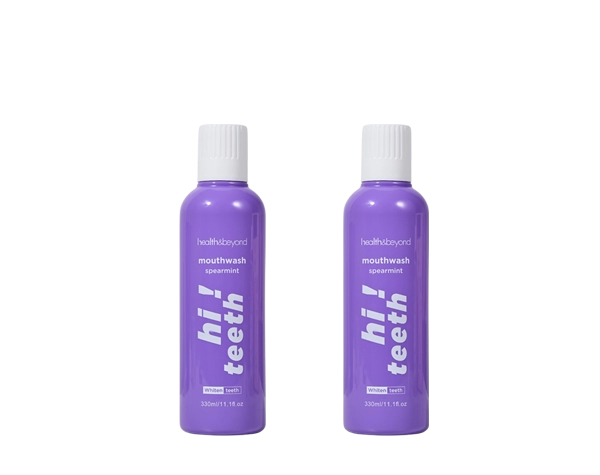

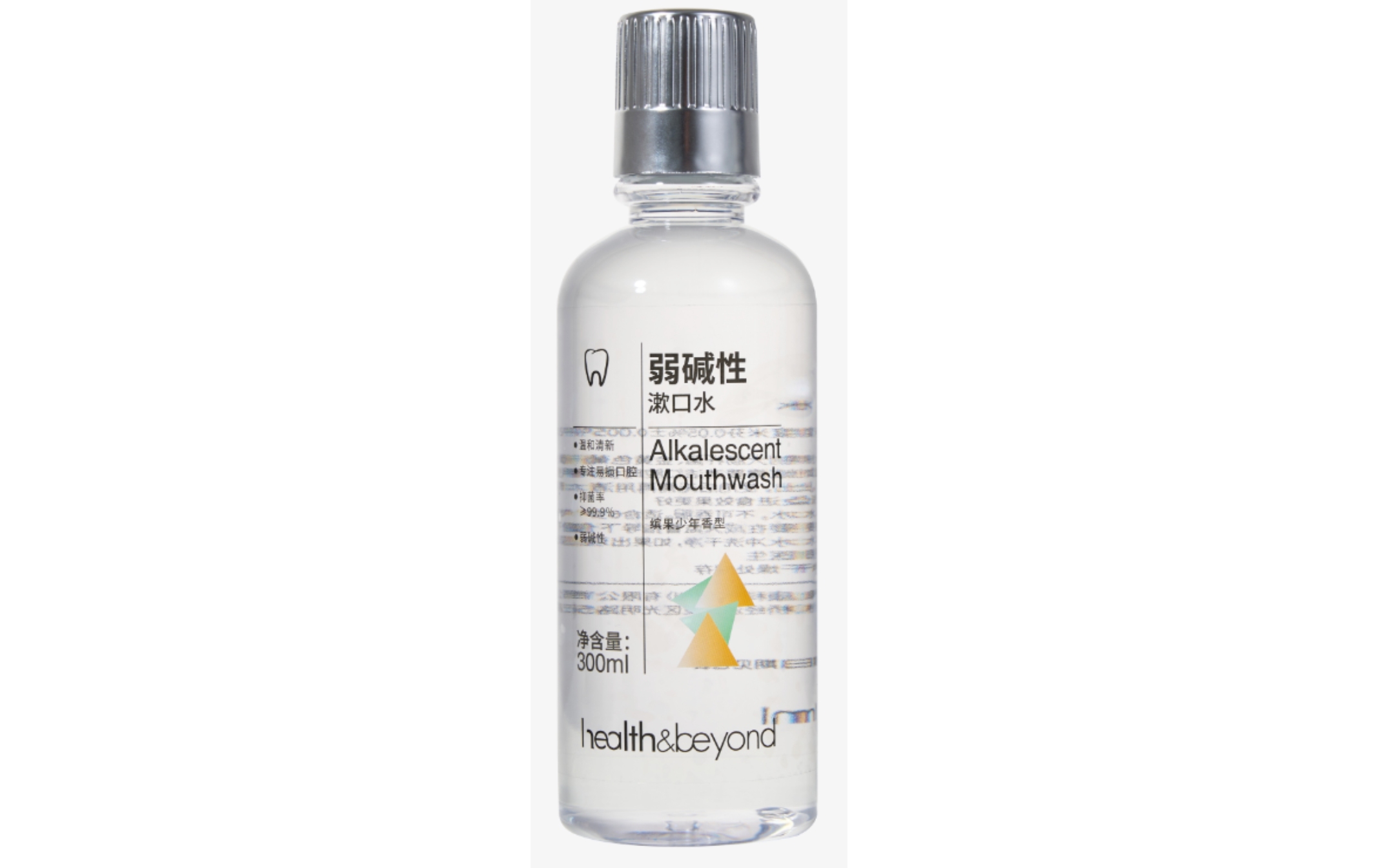
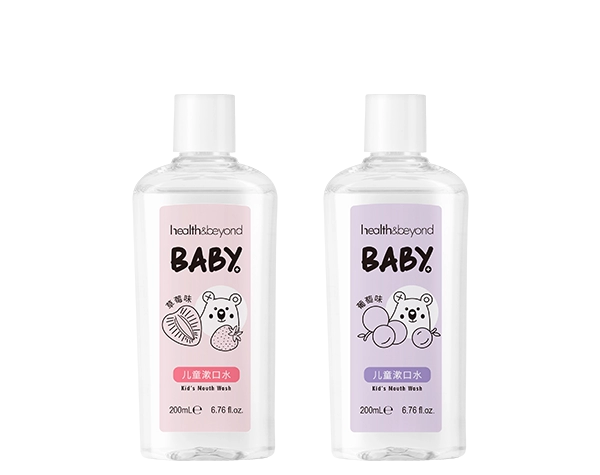
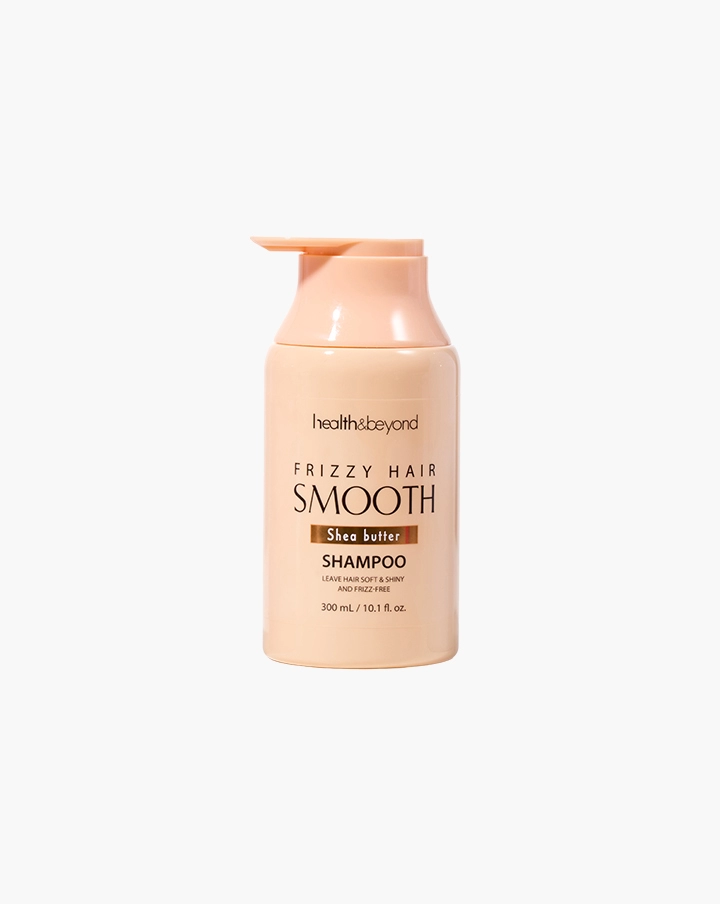

 WhatsApp
WhatsApp